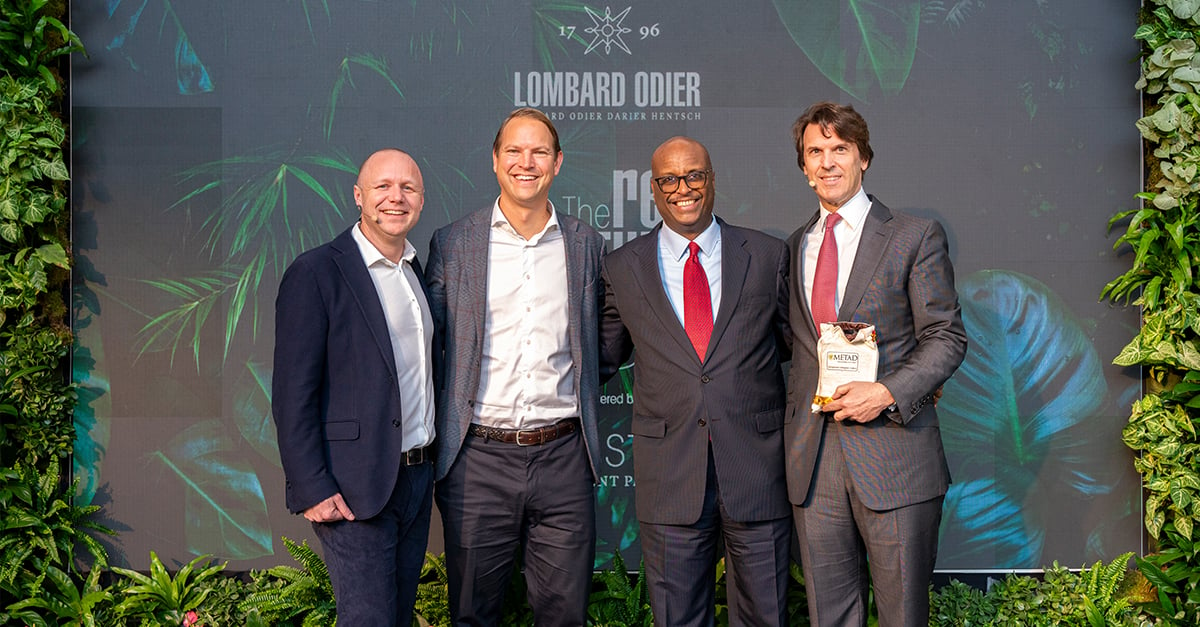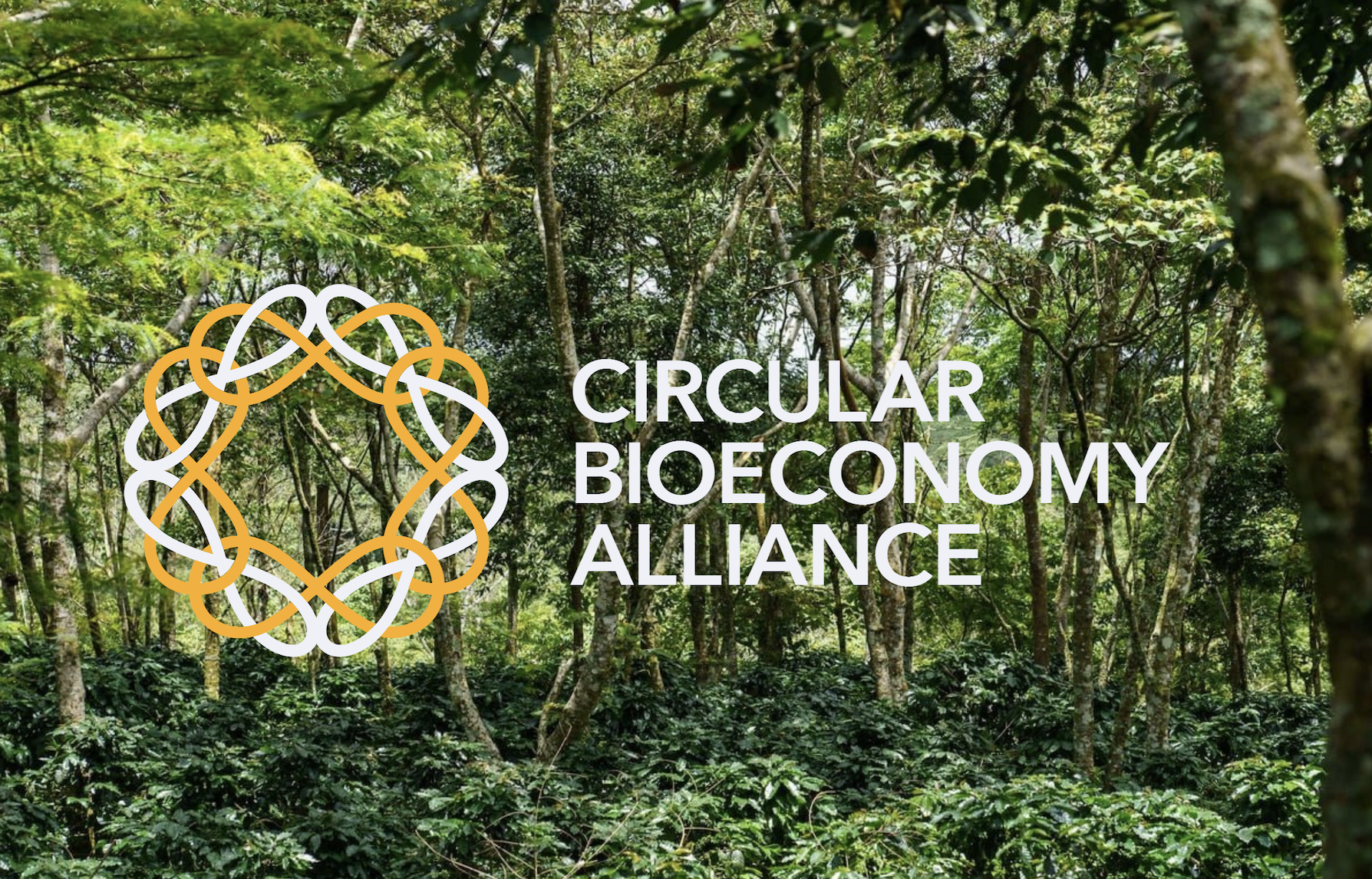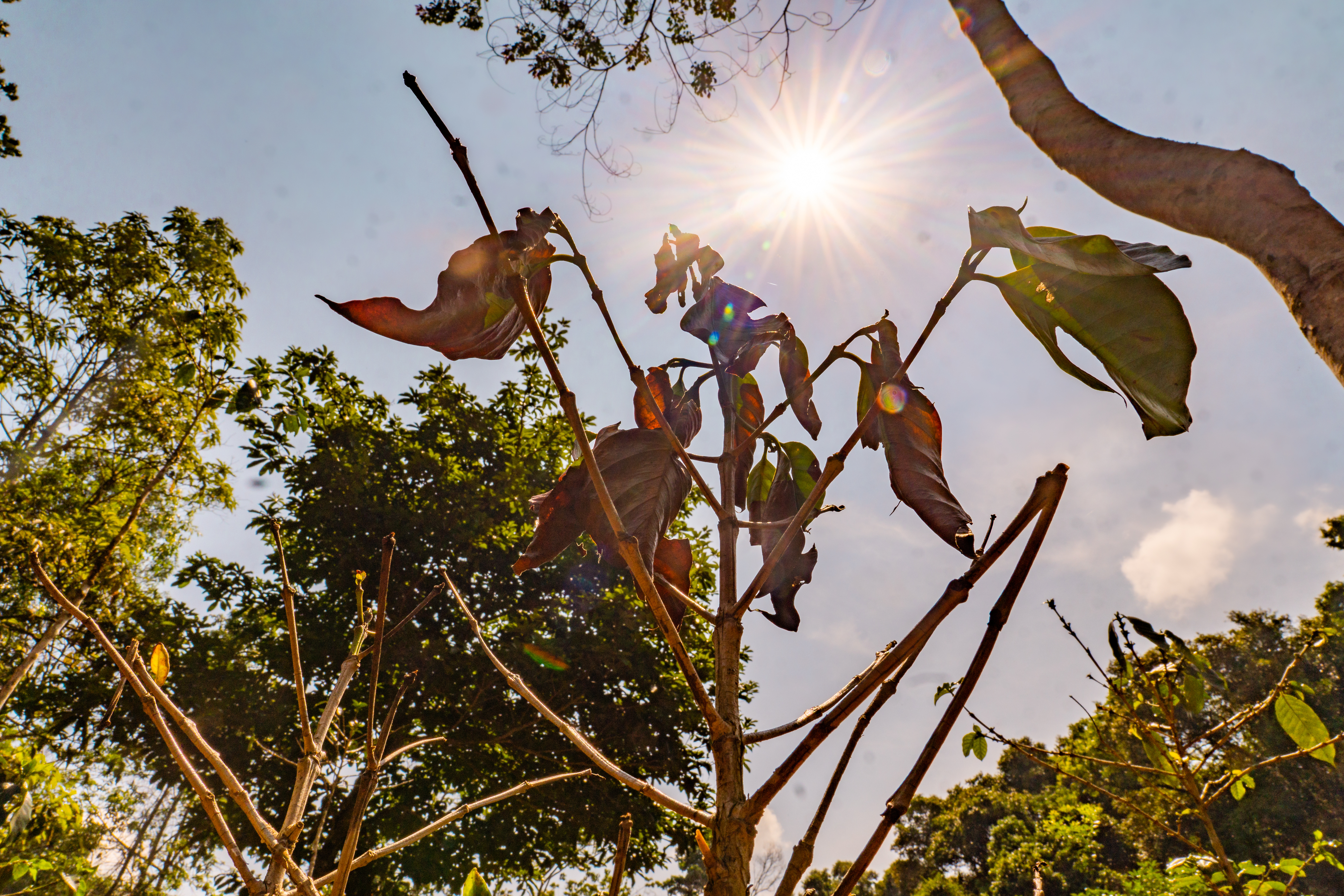Slow acquires African Coffee Roasters – A New Era for Sustainable Coffee
Big news from Slow. African Coffee Roasters is now part of the Slow family. And this isn’t just an acquisition—it’s a major step forward in how...
Watch: Sebastian Nielsen, CEO of Slow Forest, reveals how regenerative coffee can sequester carbon with every sip
Five ambitious countries also stepped up, forming the Alliance of Champions for Food Systems Transformation to tackle 10 key areas head-on, from revamping policies to transitioning to sustainable farming practices, all to build better food systems for all.
The inconvenient truth we can’t ignore anymore: a staggering 30% of all human-caused greenhouse gas emissions stem from our food choices, while 80% of tropical deforestation and habitat loss bear the fingerprints of our agricultural practices.
Think of your morning coffee. Billions of people around the world enjoy it every day, fueling a thriving $200 billion industry. But that buzz comes at a hidden cost. Surging demand for coffee has led to intensive farming practices, causing deforestation, soil degradation, and loss of vital nutrients. This domino effect poses a serious threat to our efforts to tackle climate change. Why? Clearing forests for new farmland releases significant amounts of greenhouse gases, further warming the planet.

From left to right: Sebastian Nielsen (Slow Forest), Morten Rossé (holistiQ Investment Partners), Aman Adinew (METAD Agriculture Development, Hubert Keller (Lombard Odier). HO/COP28 Renature Hub
At COP28's bustling Nature Day, hosted by Lombard Odier’s re-NATURE Hub, leaders from finance, policy, and academia gathered to explore a bold transition: from an extractive, fossil-based economy to one founded on nature’s regenerative power.
Marc Palahí, chief nature officer of holistiQ Investment Partners, speaking as keynote said vast opportunities will arise as we move “from an economy powered by fossil resources to a new regenerative economy powered by nature.”
“In Africa alone ‘the wood economy’ could create 8 million jobs and add $200 billion to the continent’s economy. Sustainably managed forests could provide innovative materials to replace concrete and steel in the construction industry,” said Palahí in his keynote speech. He added that while the global opportunity is vast, significant upfront investment will be needed to unleash nature’s creating power.
Morten Rossé, head of nature and climate at holistiQ Investment Partners, pointed to coffee as an ideal case study when discussing the transition to a nature-based economy. “Its suitability for agroforestry,” he explained, “makes it a prime candidate for demonstrating how agroforests can simultaneously roll back deforestation, restore degraded soils, and produce premium-priced beans.”
While Slow Forest highlighted our progress in Laos and Vietnam, where practices like cover cropping, crop rotation, and reduced chemical use have demonstrably increased both crop quality and coffee yields.
“Slow has achieved increases in both quality and yield, all while eliminating harmful agricultural chemicals,” Nielsen remarked. “With the toxic chemicals gone and the forest canopy restored, bee and butterfly populations have flourished, leading to enhanced crop pollination.”
Intrigued by nature-positive coffee? Watch Sebastian Nielsen’s interview with Lombard Odier here.

Big news from Slow. African Coffee Roasters is now part of the Slow family. And this isn’t just an acquisition—it’s a major step forward in how...

A few years ago, coffee and chocolate were just products. But at Slow, we’re changing the story. We’re not just selling beans and cocoa, we’re...

For years, coffee prices moved with supply, demand, and speculation. That equation has changed.